- Sports
- February 10, 2025
- 2 Comments
- 144
Guidelines on Sport Safety and Advice Tips for All-Around Tourism for 2025
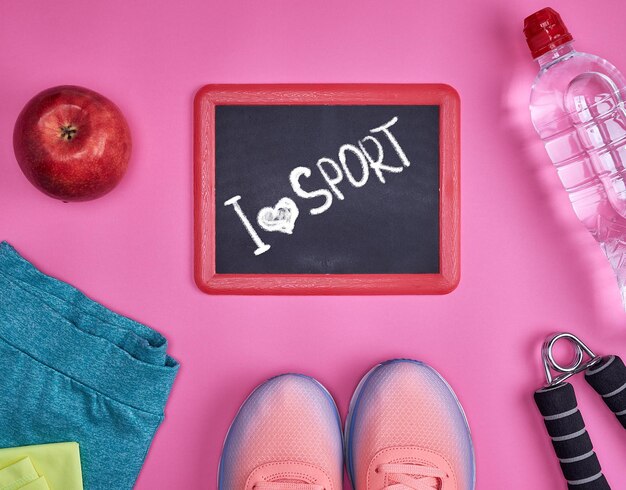
Sport Safety and Advice Tips– Tourism and sports go hand in hand, providing travelers with an opportunity to explore new destinations while engaging in exhilarating physical activities. Whether you’re skiing in the Alps, surfing in Bali, or hiking in the Grand Canyon, safety should always be a top priority. This guide offers essential sport safety tips and general tourism advice to help you enjoy your adventures without unnecessary risks.
Part 1: General Sport Safety Guidelines
1. Know Your Physical Limits
Engaging in sports requires a proper assessment of your physical fitness. If you’re attempting a new sport or a physically demanding activity, consult with a healthcare provider to ensure you’re fit for it. Overestimating your ability can lead to injuries or accidents.

2. Use Proper Gear and Equipment
Using the right gear is critical for safety. Always ensure your equipment is in good condition before participating in any sport. Here are some examples: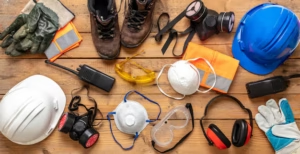
- Helmet: Required for cycling, skiing, snowboarding, and extreme sports.
- Life Jacket: Essential for water activities like kayaking, rafting, and jet skiing.
- Harness: Necessary for rock climbing and zip-lining.
- Protective Padding: Needed for activities such as skateboarding or rollerblading.
3. Follow Safety Regulations and Guidelines
Each sport has its own set of rules and safety measures. Before engaging in any activity, familiarize yourself with the guidelines and follow them diligently. For instance:
- Scuba diving: Always dive with a certified instructor and follow decompression protocols.
- Skiing and snowboarding: Stay within designated slopes and avoid off-trail areas unless you are an expert.
- Hiking: Stick to marked trails, and carry navigation tools.
4. Check Weather Conditions
Unfavorable weather can increase the risks associated with outdoor sports. Before heading out, check the weather forecast for storms, extreme heat, or other hazardous conditions. For water-based activities, tides and currents should also be monitored.
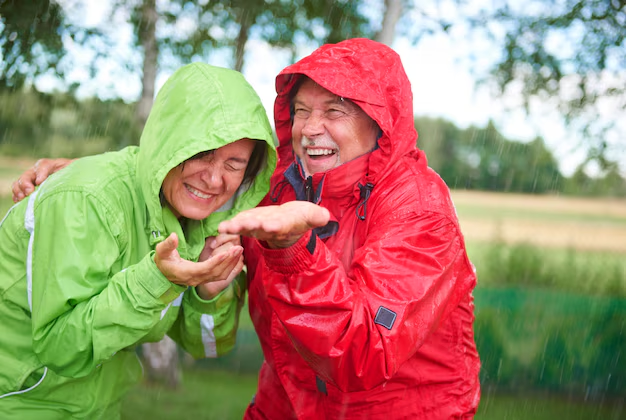
5. Stay Hydrated and Maintain Energy Levels
Physical activities require endurance and energy. Always carry sufficient water and snacks to keep yourself hydrated and energized. Dehydration and exhaustion can lead to poor judgment and accidents.

6. Train and Warm-Up Before Engaging in Sports
Proper training and warm-up exercises help reduce the risk of injuries. Stretching and muscle conditioning exercises are essential before engaging in high-intensity sports such as running, skiing, or cycling.
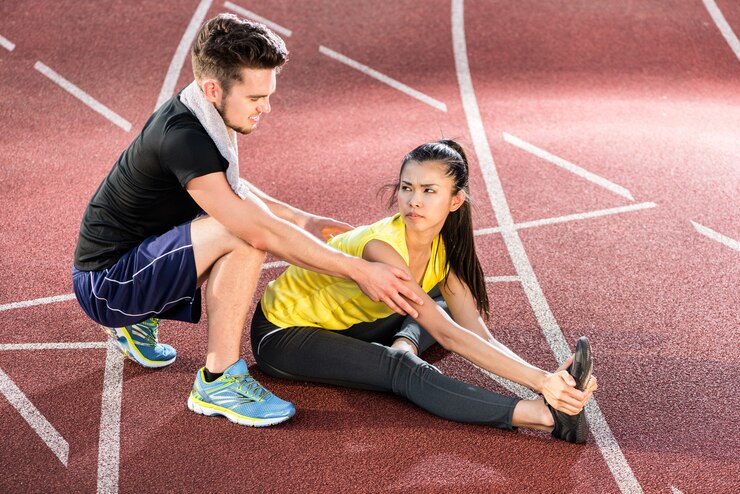
7. Have Emergency Contacts and First Aid Kits
Always have an emergency plan in place. Carry a first aid kit and ensure you know how to use it. Also, keep emergency contact numbers on hand, including local authorities and medical services.
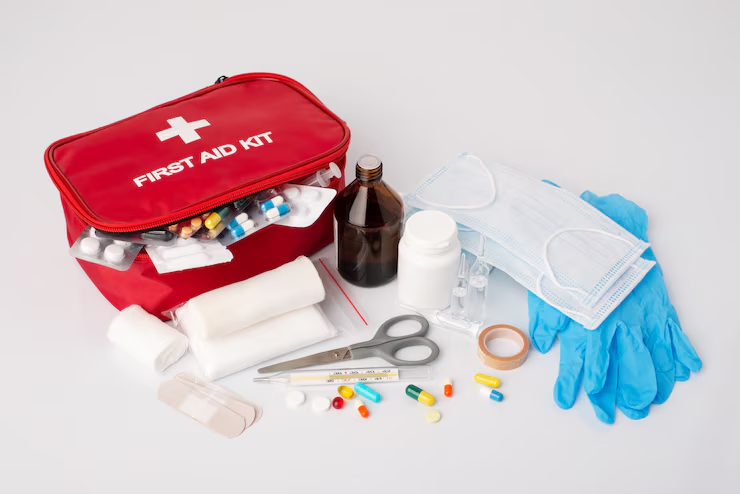
Part 2: Advice Tips for Safe and Enjoyable Tourism
1. Research Your Destination
Before traveling, research the location, including cultural norms, safety precautions, and emergency services. Understanding local customs can help you avoid misunderstandings and ensure a smooth experience.
2. Purchase Travel Insurance
Comprehensive travel insurance can protect you from unexpected incidents such as accidents, theft, and medical emergencies. Look for policies that cover sports-related injuries if you plan on participating in high-risk activities.
3. Keep Important Documents Safe
Make copies of your passport, visa, and identification documents. Store them separately from the originals and keep digital backups. Additionally, use hotel safes to store valuable items.
4. Be Aware of Local Health Risks
Some destinations have specific health risks such as altitude sickness, foodborne illnesses, or infectious diseases. Consult with a travel clinic for necessary vaccinations and carry essential medications.
5. Stay Aware of Your Surroundings
Tourists are often targets for scams or theft. Be cautious in crowded places, avoid displaying valuables, and use anti-theft bags to keep your belongings secure.
6. Use Reliable Transport Services
Opt for reputable transportation options, whether it’s taxis, rental cars, or public transit. Avoid unlicensed vehicles and always confirm fares before starting your journey.
7. Respect Local Laws and Customs
Different countries have different laws, and violating them—even unintentionally—can have serious consequences. Educate yourself on local regulations regarding alcohol, dress codes, and public behavior.
Educate yourself on local regulations regarding alcohol, dress codes, and public behavior.
8. Stay Connected with Family and Friends
Keep your loved ones informed about your travel itinerary and check in regularly. Having a local SIM card or an international roaming plan can help you stay connected in case of emergencies.
Conclusion
Traveling and participating in sports are thrilling experiences that can create lifelong memories. However, prioritizing safety is essential to ensure an enjoyable and risk-free adventure. By following these sport safety guidelines and tourism advice, you can explore the world with confidence while keeping yourself protected. Safe travels and have fun!

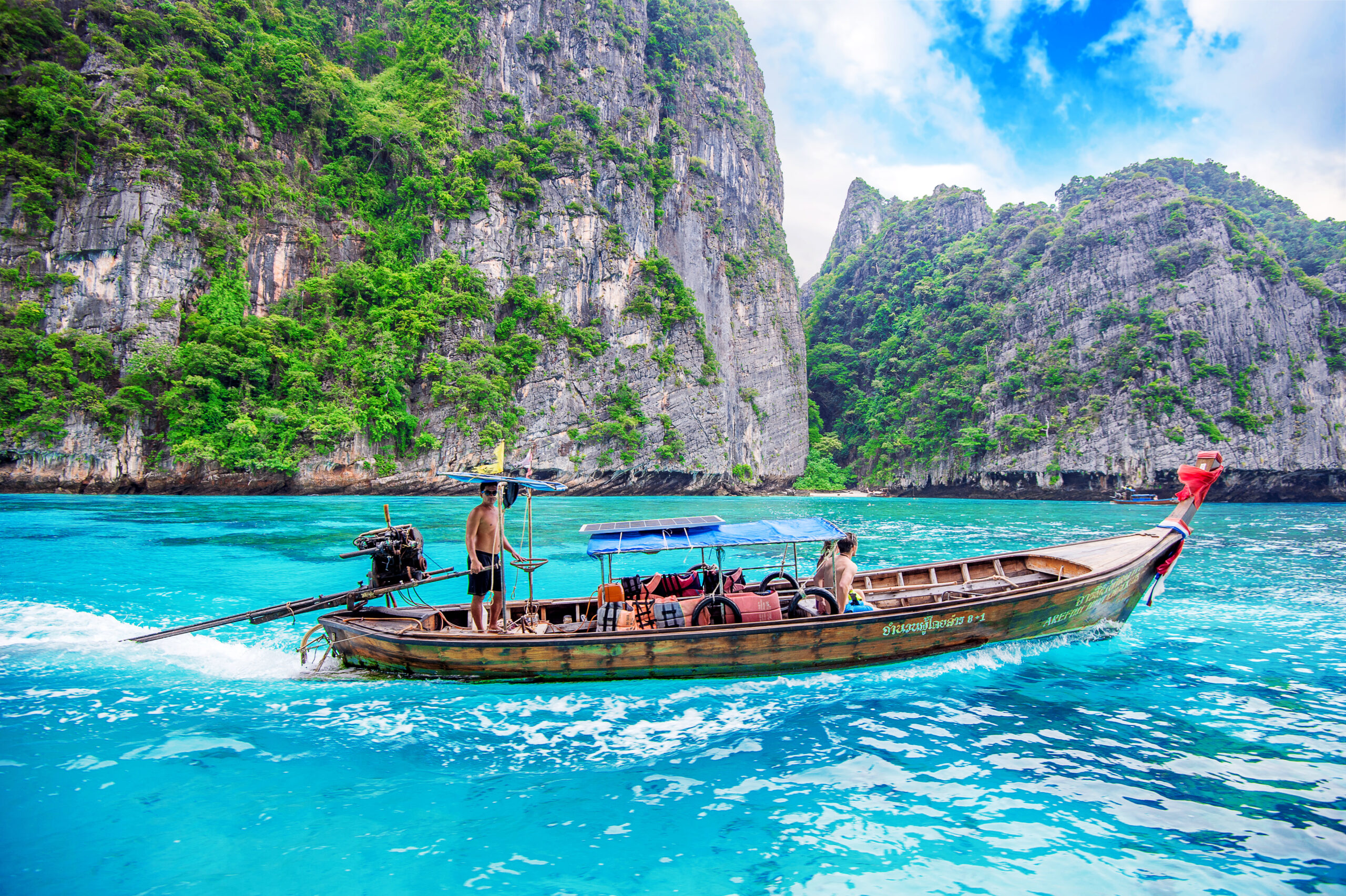






2 Comments
[…] 2025 cricket season is set to be an exhilarating period for Australian cricket, with significant series and tournaments that promise high-quality competition. Fans around the […]
I’m really inspired along with your writing abilities as well as with the structure to
your blog. Is that this a paid subject or did you modify it your self?
Anyway keep up the nice high quality writing, it’s rare to look a great blog like this one these
days. Instagram Auto follow!